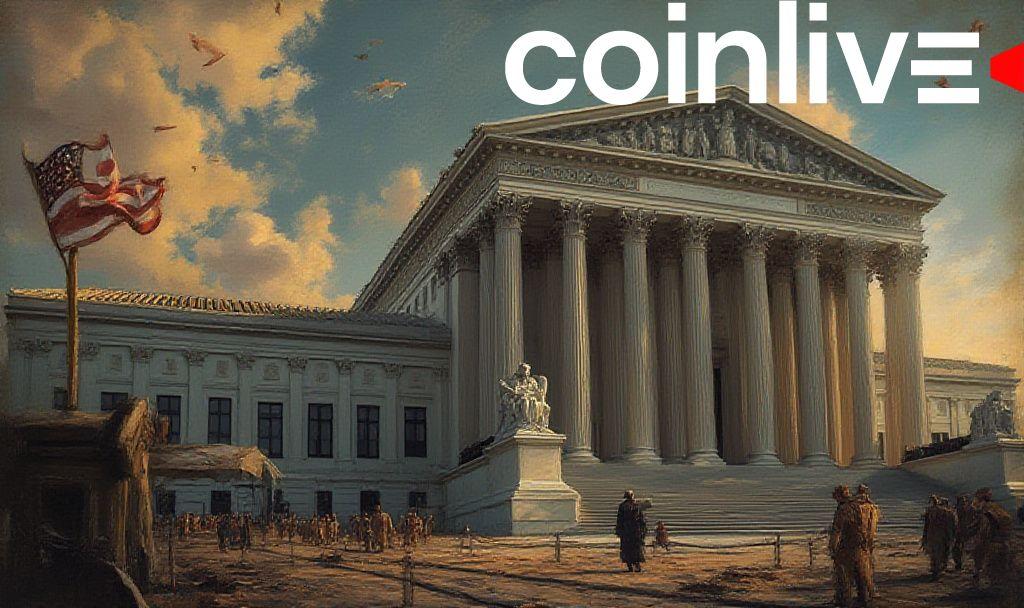- Supreme Court demands crypto regulation amid existing taxation confusion.
- Justices stress urgency in light of crypto fraud cases.
- Lack of regulation continues impacting large-scale crypto investments.
The event underscores the ongoing tension between legislative inertia and the need for regulatory clarity in India’s crypto sector. The Supreme Court’s emphasis on guidelines rather than a ban resonates with current market anxieties.
The Supreme Court’s call follows India’s longstanding ambiguity in crypto regulation, highlighting existing taxation without clear regulations. Supreme Court Justices Surya Kant and N. Kotiswar Singh insist that while experts must resolve technicalities, oversight by authorities is crucial. A fraud case involving 2,091 BTC underscores the urgency for effective policies.
“We aren’t experts. Experts would examine it, but some steps to regulate it and have an eye on it are necessary.” – Justice Surya Kant, Supreme Court Justice, India
The government’s response remains pivotal as India’s central authorities, tasked with drafting a comprehensive crypto policy, have yet to introduce clear guidance. The suggestion for regulation rather than prohibition may provide reassurance to domestic exchanges and builders. India’s taxation continues, charging crypto gains at 30% with an additional 1% TDS. However, regulatory ambiguity hampers large capital flows into the market.
The judicial mandate may stir legislative progress, prompting potential regulatory advancements. Prior Indian crypto bans by the RBI reiterate the historical tug-of-war in crypto policy, with regulation sought over repeated bans. Despite immediate assurance against a blanket ban, regulatory clarity remains potentially elusive, influencing market dynamics.
